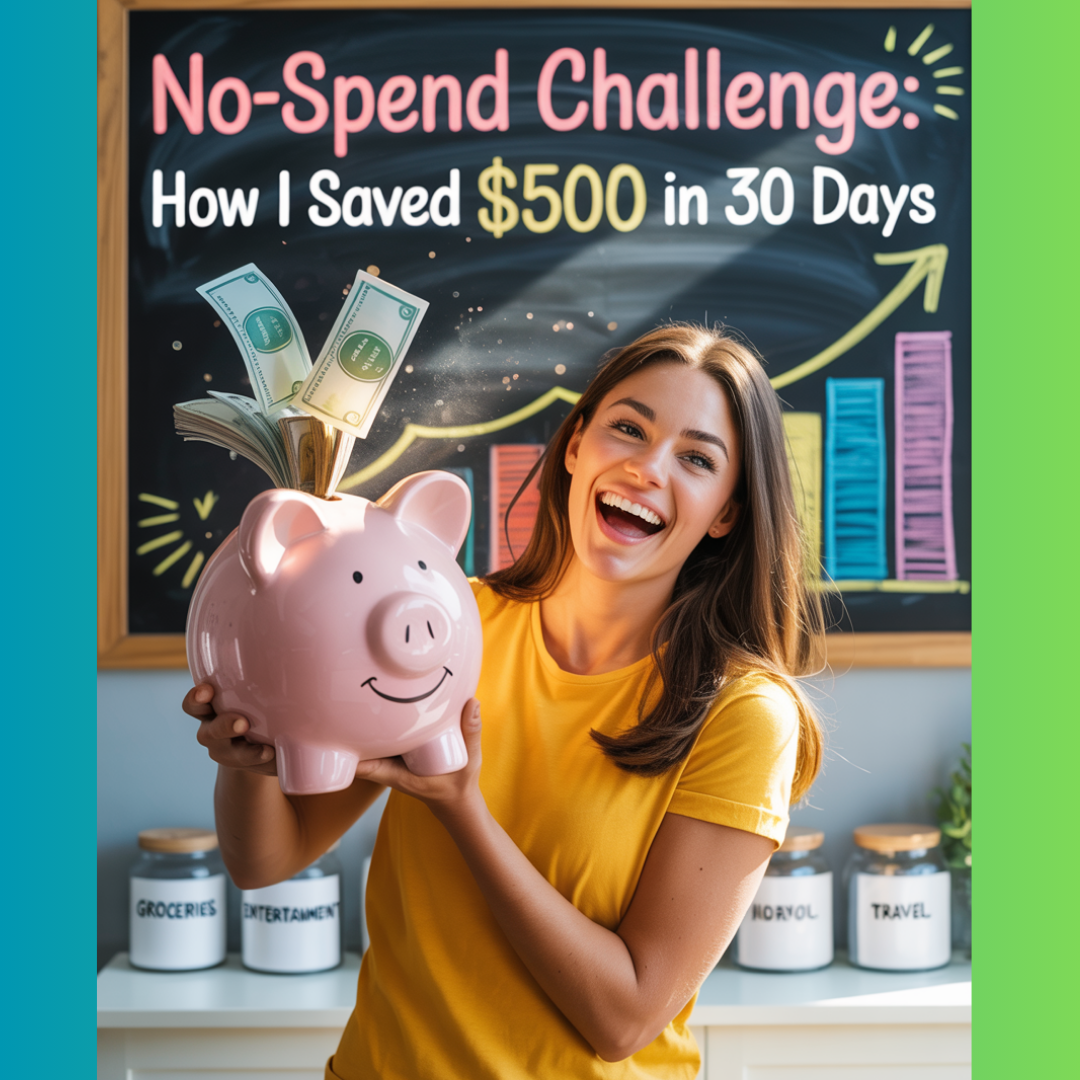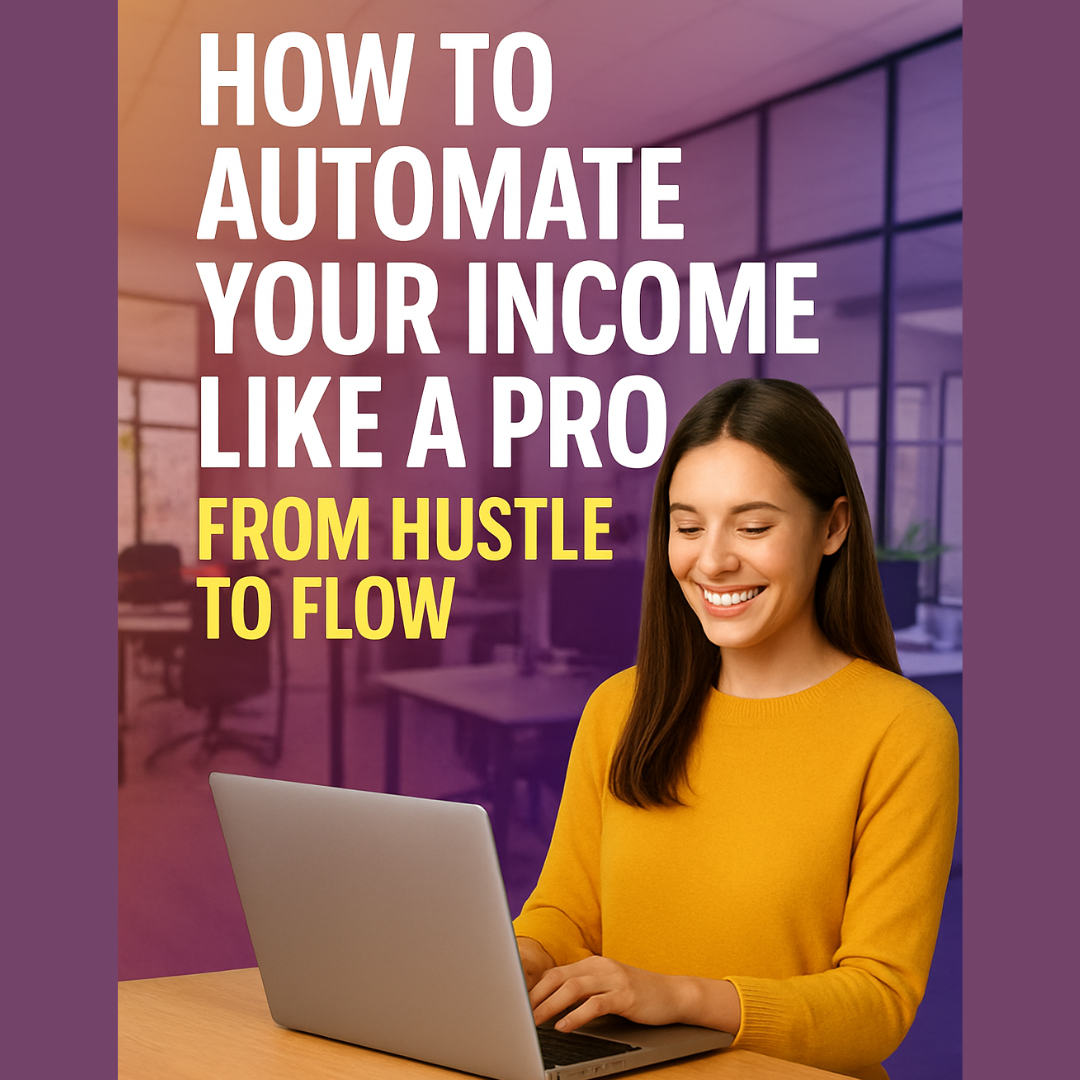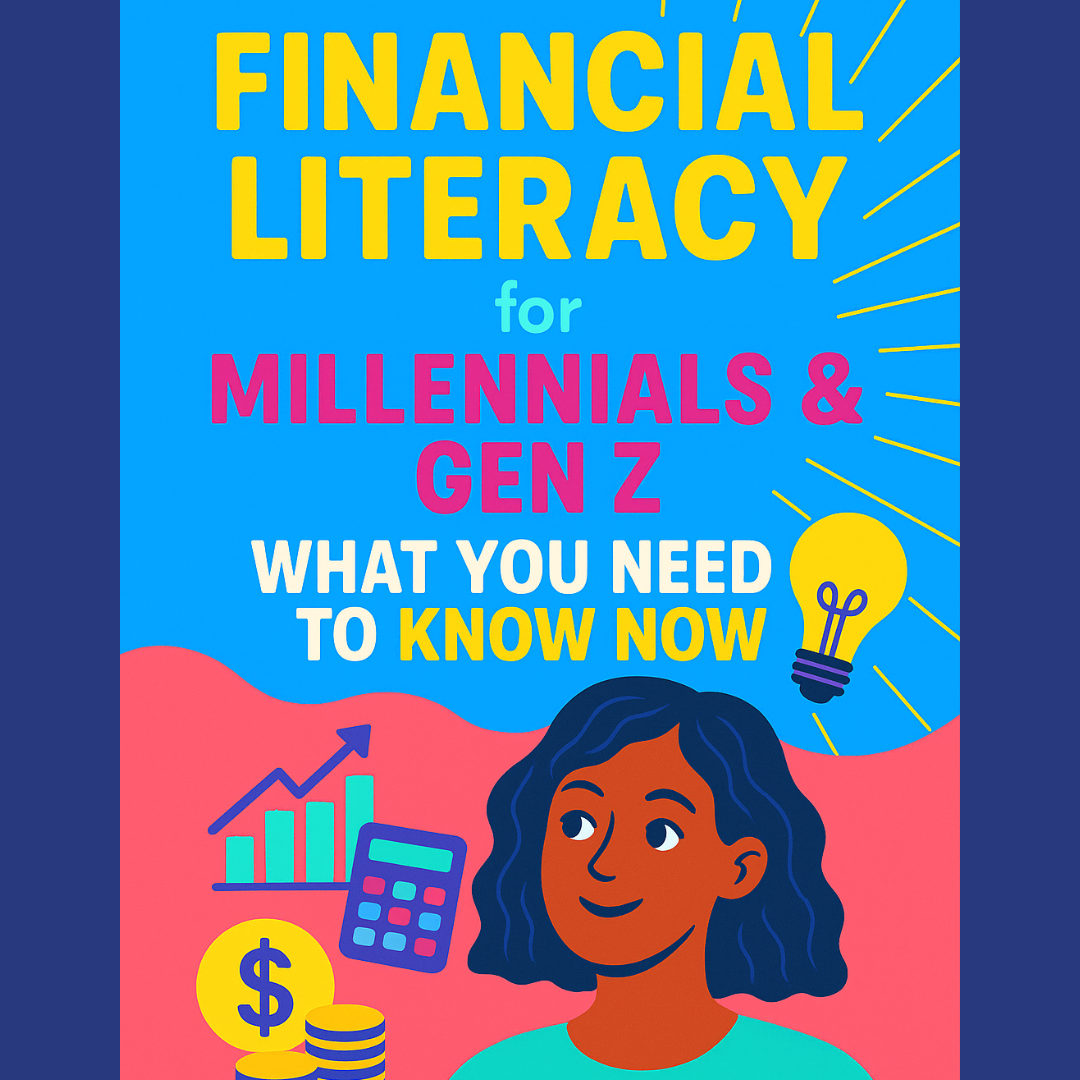Embarking on a no-spend challenge might sound like a radical move in a world where consumer culture is thriving, but it’s one of the most empowering financial experiments you can undertake. In fact, I recently completed a 30-day no-spend challenge and managed to save $500—without sacrificing the quality of my life. This challenge didn’t just boost my bank account; it changed my mindset about money, habits, and what I truly value. If you’ve ever wondered how to curb impulsive spending, take control of your finances, or kickstart your savings journey, this post will walk you through every step.
So, what exactly is a no-spend challenge? At its core, it’s a self-imposed commitment to avoid non-essential spending for a specific period—30 days in my case. Essential spending includes necessities like rent, utilities, groceries, medications, and transportation. Everything else is placed on pause: dining out, online shopping, new clothes, entertainment subscriptions, and even those sneaky coffee runs. The goal isn’t deprivation; it’s awareness. And believe me, the awareness it cultivates is eye-opening.
Before starting the challenge, I reviewed my bank statements from the past two months. This step was crucial because it revealed where my money was leaking—small purchases like $10 here, $15 there—that added up to hundreds over time. I categorized my spending into essentials and non-essentials and set a clear goal: to save at least $500. I also created a reward-free list of activities I could enjoy without spending money, such as hiking, reading, visiting free museums, or hosting game nights.
Preparation was half the battle. I informed my friends and family about the challenge to avoid the pressure of social spending. I meal-prepped for the month, canceled auto-renewals on subscriptions, and removed stored credit card information from my favorite shopping sites. I even unfollowed a few tempting influencer accounts to avoid the impulse to buy trendy products. These small, intentional acts built a financial boundary that protected my goal.
The first week was the hardest. I was bombarded with emails from retailers, targeted ads on social media, and the habitual urge to “treat myself” after a long workday. But I held strong. I replaced my shopping urges with productive habits: journaling, goal setting, organizing my home, and learning a new skill online. I reminded myself that this was temporary and purposeful. Keeping a daily log of my feelings and savings progress helped reinforce my “why.”
By the second week, I noticed a shift. My cravings for quick purchases diminished, and I started feeling proud of my self-control. I also became more resourceful. Instead of buying a new book, I borrowed from the library. Rather than ordering takeout, I got creative with pantry staples. My relationships even improved because I was spending more quality time with people instead of distracting myself with consumerism. Financial discipline was turning into emotional intelligence.
The third and fourth weeks brought real momentum. I celebrated small wins—like finding $20 in a coat pocket or resisting a flash sale. I had saved $340 by week three and was determined to hit my $500 goal. I sold a few unused items around my house, which added to my savings. I also took on a freelance project for extra income. These additional efforts weren’t part of the original challenge, but they amplified my results and gave me even more motivation.
At the end of the 30 days, I had saved just over $500. More importantly, I walked away with a deeper understanding of how much I was spending mindlessly and how much happier I felt living intentionally. My mindset had transformed from scarcity to strategy. I no longer felt deprived—I felt empowered. I realized that money isn’t just about numbers; it’s about freedom, choice, and confidence.
Now, let’s talk about how you can start your own no-spend challenge and possibly exceed your savings goal, too. First, define your “why.” Whether you’re paying off debt, saving for a vacation, or building an emergency fund, a strong motivation will keep you grounded when temptations arise. Second, set clear rules. What counts as an essential? Will you include or exclude gifts, gas, or pet expenses? Write everything down so there’s no ambiguity.
Third, prepare in advance. Clear your calendar of expensive outings, stock your pantry with affordable staples, and line up free or low-cost activities to enjoy during the challenge. Communicate your goals with those closest to you—they can either support your efforts or unknowingly sabotage them. Fourth, track everything. Keep a journal, spreadsheet, or note on your phone with daily reflections and money saved. This builds momentum and keeps your goal in sight.
Fifth, evaluate your progress weekly. Look for patterns in your spending urges. Are you tempted when you’re bored, stressed, or celebrating? Understanding your spending triggers is crucial for long-term financial success. Sixth, reward yourself—mindfully. At the end of the challenge, choose a small, meaningful reward that aligns with your values and reminds you of your success. Don’t undo your progress with a spending spree; celebrate with intention.
A no-spend challenge is more than just a financial experiment—it’s a personal revolution. It forces you to question your habits, values, and priorities. It teaches you patience, discipline, and the incredible power of delayed gratification. And best of all, it shows you that you don’t need to buy more to live better. In a culture that equates spending with happiness, choosing not to spend is a rebellious act of self-respect and financial clarity.
If you’re ready to try your own no-spend challenge, start small. Even a one-week challenge can build awareness and jumpstart your savings. The key is to start with intention and finish with insight. And who knows? You might discover, as I did, that the freedom you were looking for isn’t in what you buy—but in what you choose not to. Financial empowerment begins with one brave decision at a time. Let this be yours. You’ve got nothing to lose—and a whole lot to save.





